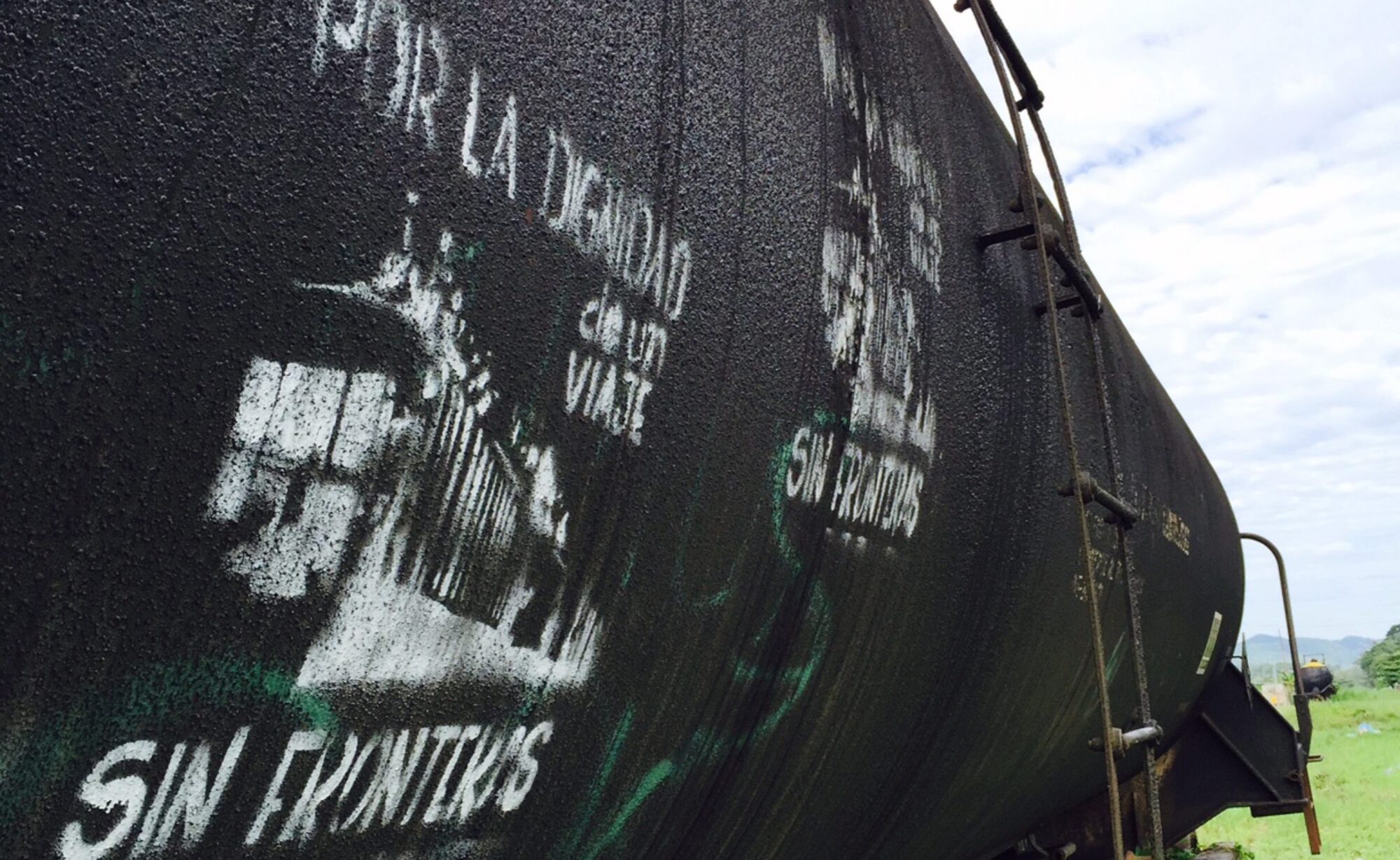When I first talked to the three Honduran men in the train yard in the southern Mexican town of Tenosique, I had no idea that they were climate refugees. We were 20 miles from the border with Guatemala at a rail yard where Central American refugees often congregated before the long, dangerous haul to the United States. The Hondurans told me that they had been stuck here for six long days avoiding Mexican immigration agents. Like many other countries across the globe, Mexico, with assistance from Washington, has been fortifying its southern border.
When I asked why they were heading for the United States, one responded simply, “No hubo lluvia.” (“There was no rain.”) In their community, without rain, there had been no crops, no harvest, no food for their families, an increasingly common phenomenon in Central America. In 2015, for instance, 400,000 people living in what has become Honduras’ “dry corridor” planted seeds and waited for rain that never came. As in a number of other places on this planet in this century, what came instead was an extreme drought that stole their livelihoods.
Central America was, in fact, ground zero for climate change in the Americas, University of Arizona climate scientist Chris Castro told me. According to the best forecasting models, a “much greater occurrence of the very dry seasons” lies in the future for the region. The coming climate upheavals, which also include superstorms and sea level rise, are predicted to leave unprecedented numbers of people with no other choice but to move.
And as it stands right now, there isn’t a legal framework for dealing with climate refugees, neither in international law nor the laws of specific countries.
Instead, that moment in Tenosique was a grim glimpse into the future: young, unarmed farmers with failing harvests facing the only welcome this planet presently has to offer such victims of climate change — expensive and expanding border regimes of surveillance, razor-wire walls, agents with guns and incarceration centers.
Read the rest here, as it appeared in the San Francisco Chronicle.
